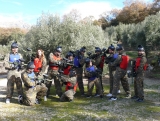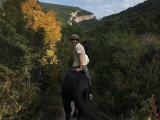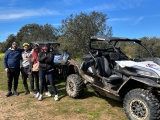Scuba diving is an adventure sport with a growing following: you’ll experience weightlessness, interact with underwater landscapes, and get a workout. But as with any activity, certain guidelines must be followed to ensure a safe and proper experience.
- If you’re new to diving, we recommend finding a qualified instructor with the necessary certifications from an internationally recognised diving organisation like PADI, SSI, or FEDAS. This ensures you won’t waste time or money and guarantees you’re in safe hands.
- You don’t need to know everything like a pro—just basic water confidence and comfort.
- Before committing to a full course, we advise trying a discovery dive to get a first-hand feel for the equipment and see if you enjoy being underwater.

- Consider the duration of your chosen course. Most are flexible, tailored to individual pacing—don’t stress if others progress faster. We all learn differently!
- Courses consist of two parts: a theoretical section covering decompression tables, underwater signals, navigation, gear use, pressure, and more. You’ll then apply this knowledge in practical sessions, starting in a pool before advancing to open water (depending on your certification level).

- The diving gear is usually provided by the company running your course, but always confirm this. If you fall in love with the underwater world, we encourage investing in your own equipment—it’ll boost comfort and let you dive anytime, anywhere, independently.

Now that you’ve got these tips, you can pick the diving experience that suits you best—there’s something for everyone! Don’t overthink it—dive in and embark on the adventure of a lifetime.













